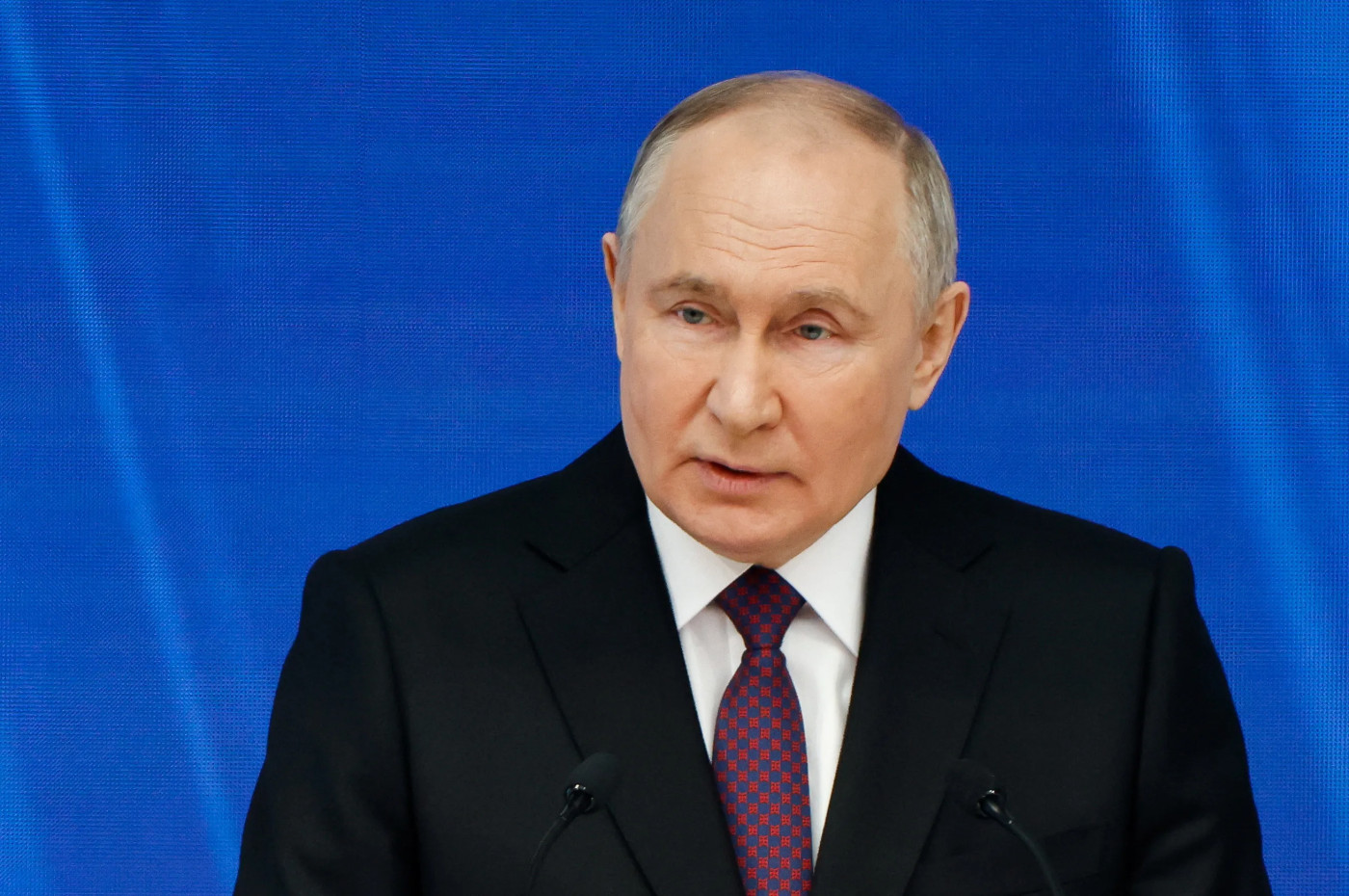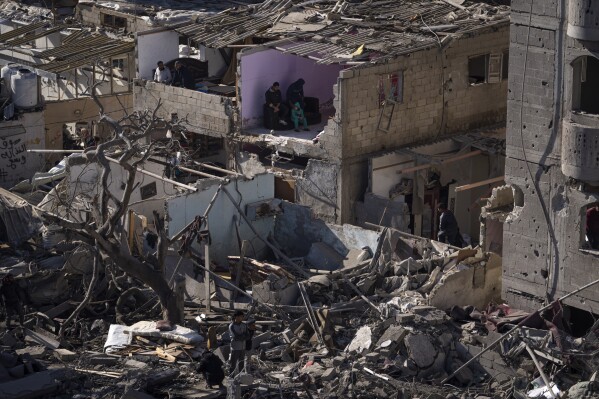Beijing Silent Over Russia's Reported War-Gaming of China Invasion
Beijing has maintained silence on the leaked Russian military documents revealing the Kremlin's plan to use a tactical nuclear weapon against China during a conflict-like scenario.
The documents revealed that President Vladimir Putin's forces have conducted rehearsals for the use of such weapons early in a conflict with a major world power, including scenarios for an invasion by China, the Financial Times reported Wednesday.
"The order has been given by the commander-in-chief ... to use nuclear weapons ... in the event the enemy deploys second-echelon units and the South threatens to attack further in the direction of the main strike," the document said, according to the British newspaper.
Newsweek contacted China's Ministry of Foreign Affairs via email and phone but didn't receive a reply. Newsweek also contacted China's Embassy in Washington, D.C. for comment.
The classified papers, dating from 2008 to 2014, show a readiness to deploy nuclear arms at a threshold significantly lower than previously disclosed by Russia, alarming experts and international observers, the Financial Times reported.
The leaked materials indicate that Russia's eastern military district has actively prepared for various scenarios involving a Chinese attack, underscoring the pivotal role Russia's nuclear arsenal plays in its defense strategy. Such preparations suggest a complex relationship with China, juxtaposing public alliances with private contingencies for conflict.
Meanwhile, China's Vice Foreign Minister Sun Weidong held consultations with Russian Deputy Minister of Foreign Affairs, Rudenko Andrey Yurevich Moscow from February 26 to 27.
"Under the strategic guidance of President Xi Jinping and President Vladimir Putin, the China-Russia comprehensive strategic partnership of coordination for a new era has enjoyed sound, stable and in-depth development, and bilateral relations are at their best in history," Sun said during the consultation in Moscow.
Notably, these plans reveal Moscow's deep-seated suspicions toward China, a nation with which Russia has ostensibly been building a closer alliance since the early 2000s.
This partnership, strengthened under Xi's leadership since 2012 and further solidified through economic support during the Ukraine conflict, masks underlying tensions evident in the military preparations for a potential Chinese invasion.
The leaked documents, which were verified by experts and shown to the Financial Times by Western sources, comprise 29 secret files, including war-gaming scenarios and presentations for naval officers. They detail operating principles for the use of nuclear weapons that align with a doctrine some Western observers have termed "escalating to de-escalate," where nuclear strikes are considered a viable option for quickly de-escalating conflicts.
"This is the first time that we have seen documents like this reported in the public domain," Alexander Gabuev, director of the Carnegie Russia Eurasia Center in Berlin, told the newspaper.
"They show that the operational threshold for using nuclear weapons is pretty low if the desired result can't be achieved through conventional means," he added.
Russia has conducted a war-gaming to counter a potential threat from China.
"In one war game scenario, China pays fake protesters to clash with police in Russia's Far East, then sends saboteurs to covertly attack Russian security infrastructure. Once tensions reach a boiling point, China increases defense production and ominously deploys army units at the border as it accuses Russia of 'genocide,'" Financial Times reported on Thursday.
Despite these files predating the current geopolitical tensions, experts believe they remain reflective of Russia's current military doctrine, underlining the enduring strategic principles.
However, the application of nuclear strategy varies significantly with the opponent.
According to William Alberque, director of strategy, technology, and arms control at London think tank International Institute for Strategic Studies, Russia's threshold for using tactical nuclear weapons would likely be higher in a conflict with Ukraine—which lacks nuclear capabilities and the means to launch a comparable ground invasion—than with China or the United States, Financial Times reported.
A nuclear strike against China or the U.S. could potentially serve as a deterrent, while a similar action against Ukraine might provoke direct intervention by Western powers, a scenario Russia aims to avoid at all costs, according to the newspaper.
This nuanced approach to nuclear strategy reveals the strategic calculus underlying Russia's military preparations and its efforts to navigate the complex dynamics of international power relations.
"Russia is continuing to reinforce and exercise its nuclear-capable missiles in the Far East near its border with China," Alberque said.
"A lot of these systems only have the range to strike China," he added.
Disclaimer: The copyright of this article belongs to the original author. Reposting this article is solely for the purpose of information dissemination and does not constitute any investment advice. If there is any infringement, please contact us immediately. We will make corrections or deletions as necessary. Thank you.


